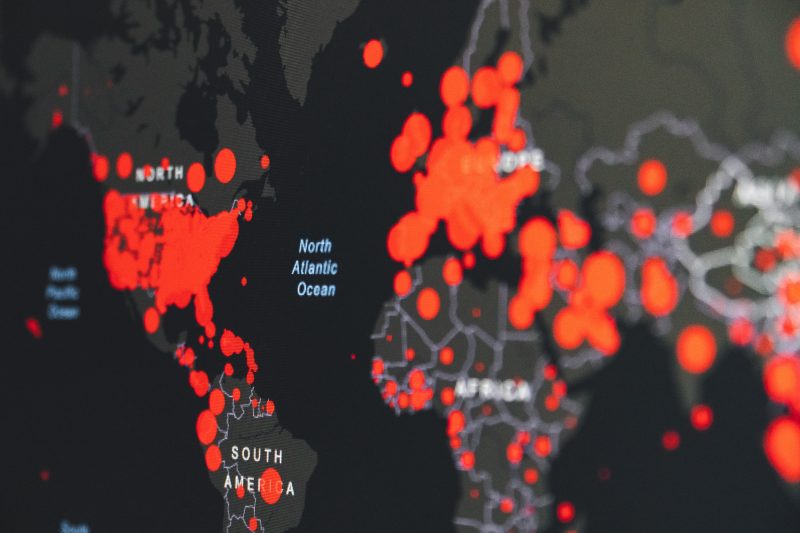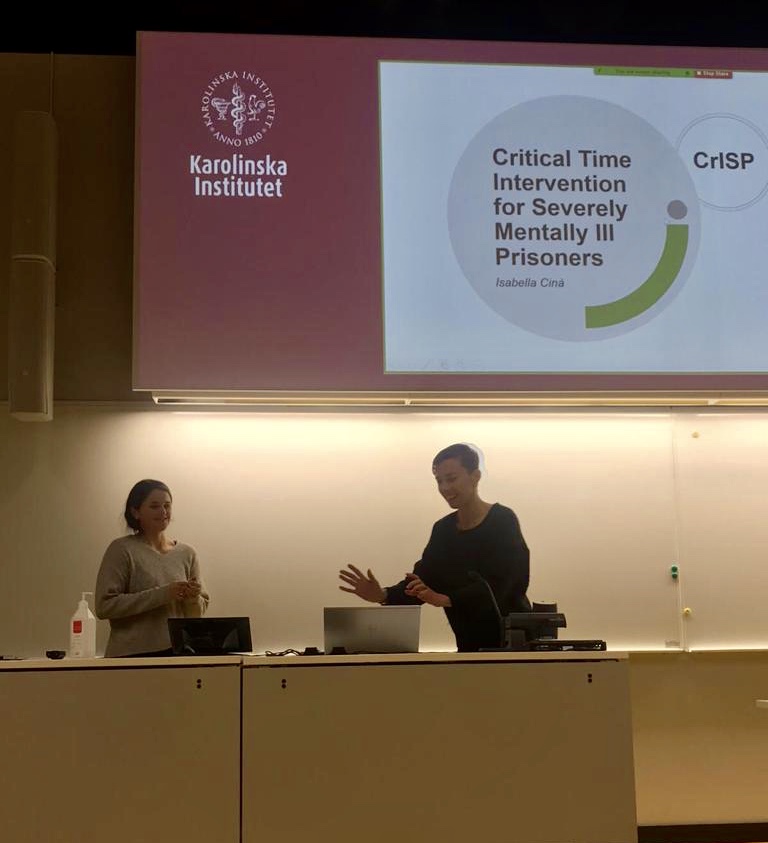
Applied Health Promotion and Prevention: Final Course Review
This was the final course of the program before starting our final thesis and I cannot believe how fast the time has gone!
The primary objective for this course was to “identify and propose suitable interventions, reflect on an existing intervention project, identify strengths and limitations, and to propose improvements”. This was accomplished through a mixture of lectures, readings, class discussion, practice exercises and the final intervention assignment. Since this was our final HPP course, it focused on bringing together all of our other courses for a broader and deeper understanding of Health Promotion and Prevention.
Course Leadership
Our course director was Ann Lilijas, a postdoctoral researcher in the Equity and Health Policy research group. She facilitated the course, lectures, assignments and was our point of contact if we had any questions. She was a great course leader and prioritized the students’ learning and was very accommodating and responsive.
Course Topics
The main topics discussed included:
- HomeHealth Intervention
- Dietary Interventions
- Exercise and Mental Health
- Vaccinations
- Technological Health Interventions
- Health Inequalities
- The Bandebereho Intervention
- Reviewing COVID Lockdown approaches
- Migration and health
Time Structure
This was a six-week course. Lectures were not compulsory (except for the first-day roll call, peer feedback sessions and the final oral exam), but highly advised. Our schedule varied due to the COVID hybrid learning and was split between campus classes, zoom classes and individual learning time. This course overlapped with the winter break and we were given two weeks off from lectures and could use the time to work on our final assignment.

Assignments
Throughout the course, we were provided with unmarked practice exercises and were provided with feedback. Our only grades from this course were from the peer feedback sessions, the final assignment and oral exam.
Exam
We did not have a final exam in this course, rather we had an individual assignment that we worked on for the duration of the course. For the final assignment, we picked our own public health intervention to analyze, but there were certain components the intervention needed to have to be eligible. Ann provided feedback to students on their proposed interventions.
We had to integrate the various concepts we had learned throughout the course into the assignment including discussion of the public health relevance, the theories and models used in the intervention, ethical considerations, the scale-up potential, study design, limitations and gaps of the interventions among others. This assignment brought together many of the concepts we learned throughout the whole program.
Following the assignment, there was an oral presentation/examination of our intervention. There also were mandatory peer feedback sessions leading up to the submission of our assignment, graded as pass/fail.

Pros/Cons
In my opinion, the main three benefits of this course were, first, we were able to select our own public health intervention which was beneficial because public health is a broad field and KI often focuses on certain public health issues. This assignment provided an opportunity for students to explore their interest area.
Second, the assignment did not have set guidelines so we could focus our analysis on what we interpreted as important to our chosen intervention. For example, we could focus on the scale-up potential of the intervention or the theoretical components. This structure was a very different approach from many of our previous assignments at KI.
Third, the assignment utilized the knowledge we had learned in previous courses. To complete the course assignment, I often looked back at previous course slides/assignments.
For me, the main con was not to do with the course content, but rather the timing of the course. This course overlapped with the winter break, which affected scheduling, class lectures, engagement and the overall flow of the course. For example, we had no lectures over the break, so I went home to Canada (many of my classmates went home as well). I was able to work on my assignment, but overall, I was less engaged in the course content since we had a break from lectures and class discussions. This was unfortunate because, with a topic like Applied Health Promotion and Prevention, there is so much to be learned through class discussion and case studies.
The course leader Ann did a great job and even though the scheduling was out of her control, she was very accommodating. However, I feel if this course was completed in consecutive weeks and did not coincide with the winter break, I would have been able to engage, reflect and further apply my course learnings.
Overall, this course felt very relevant and gave more insight into what HPP students might do after graduation.
Thanks for reading and let me know if you have any questions!
Lauren
Lauren Wiebe- Health Promotion and Prevention
Hi! I am Lauren, I was born and raised in Canada, and you probably will hear me talking about how much I love Canada, especially the mountains. I am the blogger for the Master's Public Health Sciences Health Promotion and Prevention stream and I am excited to share my experiences with you!

0 comments